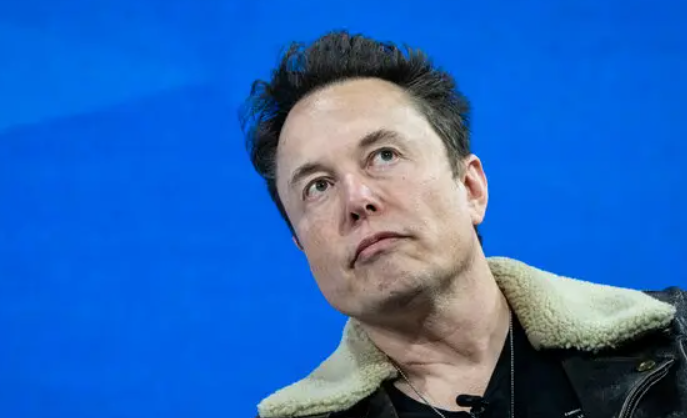The advertising landscape on Twitter, now known as X, is experiencing a significant shift. Following Elon Musk’s recent comments at the DealBook Summit and his criticism of advertisers, a phenomenon termed “quiet quitting” is emerging among brands.

Musk’s Criticism Leads to Brand Reticence
Elon Musk’s direct criticism of advertisers, including remarks about Disney CEO Bob Iger and the implications of advertisers leaving the platform, has led to a hesitancy among brands. Many are opting to quietly reduce their advertising investments to avoid public scrutiny and backlash.
The Wave of Quiet Quitting
Major corporations like Apple, Comcast, Disney, IBM, and others have already publicly stopped buying ads on X, citing brand safety and adjacency concerns. However, Musk’s comments have spurred a larger wave of brands to discreetly pull back their advertising efforts.
The Impact on Advertising Strategies
Brands are significantly reducing their investments rather than completely pulling out, signaling a cautious approach to their marketing strategies. Musk’s potentially confrontational response to brands moving away from the platform is a primary concern.
Notable Reductions by Major Brands
Prominent brands such as AT&T, Coca-Cola, and GM have reduced their year-over-year advertising spending on X by over 90%. This substantial reduction reflects a strategic shift in the advertising world, influenced by the platform’s evolving dynamics.
Corporate Decisions and Future Implications
The decline in advertising on X has been a result of decisions made at the corporate level. Musk’s dismissive attitude towards advertisers, who contribute significantly to X’s revenue, coupled with his controversial stance on free speech, has made the platform less appealing for many brands. The future of X as an advertising platform hangs in the balance, with Musk’s leadership style and comments potentially jeopardizing its viability.
Conclusion
Elon Musk’s recent comments have led to a notable shift in the advertising landscape on X. The trend of brands quietly quitting their investment on the platform reflects the growing concerns over brand safety, public perception, and the platform’s stance on free speech. This development could have lasting implications for X’s future as a key player in digital advertising.


